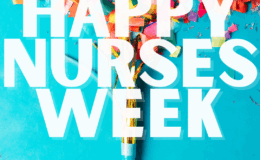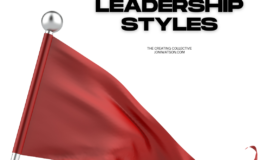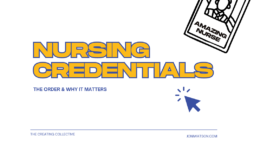About a month ago, I sat down at the dinner table wearing a sleeveless shirt. My husband and I were enjoying a lovely meal and conversation until I reached for something across the table. “Oh my goodness! What happened to your arm?” he exclaimed. I abducted my arm only to find four or five small bruises on the inner aspect of my bicep. By instinct, I viewed the opposite arm, and sure enough there were similar pea-sized bruises there, as well. “I have no idea, ” I said. We tried to make a few guesses, but we soon moved on to other topics of interest.
However, I heard Lillie Shockney, RN, BS, MAS, breast cancer survivor and advocate and Founder of the Academy of Oncology Nurse Navigators, talk at a conference last weekend. She is a masterful storyteller, and she shared beautiful stories of cancer, hope, and nursing. I tried not to cry, but my eyes couldn’t contain the tears. It wasn’t long before they were streaming down my face.
And then it hit me. I knew exactly how I got those bruises.
I was actually pinching the fire out of my inner arms to keep from crying. Obviously, it didn’t work very well. I don’t have to use the cognitive coping technique, which is somewhere between behavioral task distraction and mental distraction, often. Well, that is changing. Hearing daily stories about underserved populations and their journeys with cancer and people – my colleagues – who spend their lives’ work to help them…I have had more occupational tears – and bruises – than I can remember in a long time. I can’t help it. I am proud to work alongside extremely compassionate people, going above and beyond for people most others look past.
No matter how hard I try, I may not ever be able to master my tears during these moments.Perhaps I will stop trying because, after thinking about it more, it is not tears that I am actually attempting to divert; it is empathy. As a nurse, I don’t ever want to lose that. Empathy is the root of compassion, and compassion is the fragrance of care.
Bruises fade; empathy should not.






Buckeyeginny
December 6, 2014 4:58 pmSo true. At my age (63) and after 34 years of nursing tears are okay. I try to draw the line at sobbing though.
Be Well!